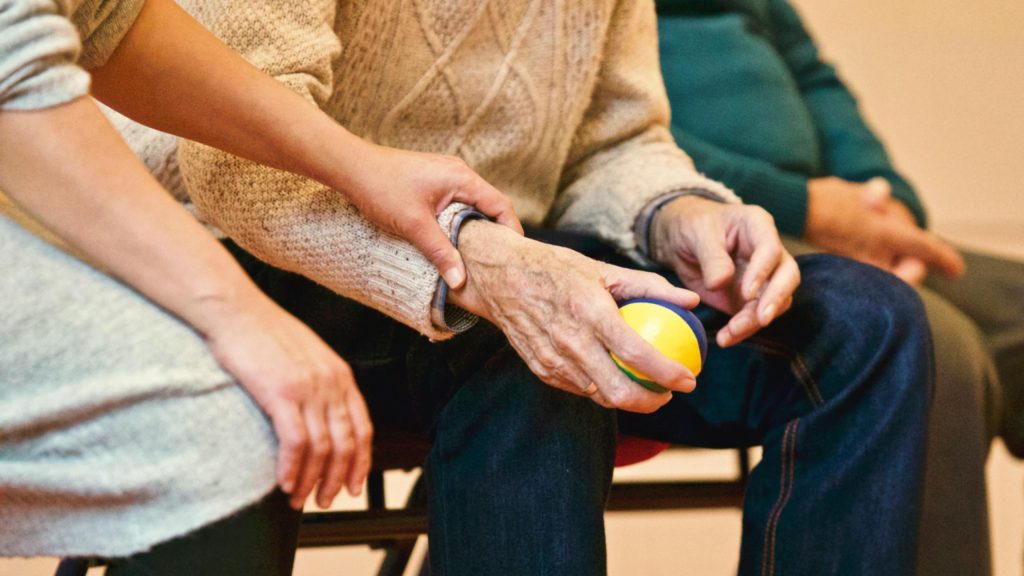
A Salford disability campaigner spoke out against ‘assisted dying’ in protests outside Parliament as MPs voted to support it.
JoAnn Taylor spoke at the protest organised by Disabled People Against Cuts (DPAC) outside Westminster.
The 58-year-old shared her fears about the potential implications of the proposed legislation for disabled and vulnerable people.
The ‘assisted dying’ Bill, otherwise known as Terminally Ill Adults (End of Life) Bill was introduced by Labour MP Kim Leadbeater.
The Bill proposed will allow terminally ill patients with six months or less to live to seek medical assistance to end their lives.
JoAnn currently lives with severe hypermobility syndrome, a condition that causes frequent joint dislocations, muscle strains, fatigue, and poor balance—challenges that profoundly impact her daily life.
Despite this, she firmly believes that legalising assisted dying would introduce significant risks, as she said: “I’m against it because I don’t feel there should be assistance to kill disabled people before their natural deaths.”
Her concerns centre on the pressure the law might put on people who are disabled, ill, or depressed to make hasty decisions about ending their lives.
She continued: “Things change, your condition improves, and you feel differently about life.”
JoAnn stressed the importance of medical advancements and how changes in circumstances can transform perspectives.
She pointed out that doctors can be wrong in their diagnoses, and breakthroughs in treatment may emerge unexpectedly.
While safeguards such as reviews by two independent doctors and High Court approval have been built into the proposal, critics like JoAnn argue that these measures are insufficient to protect society’s most vulnerable from coercion or despair.
Salford MP, Rebecca Long-Bailey, also voted against the bill.
Long-Bailey MP has previously expressed concerns about the unintended consequences of such legislation, particularly for those who may feel like a burden to their families or society.
Her stance reflects the position of many MPs who fear that the legalisation of assisted dying could lead to subtle societal shifts that devalue the lives of disabled or disadvantaged individuals.
JoAnn’s remarks come amid a growing debate over the ethical and practical dimensions of assisted dying, with advocates of the bill arguing that it provides dignity and choice for those facing unbearable suffering at the end of life.
However, protesters outside Parliament, including many disabled activists, warn that the bill could have dangerous implications, fearing it might normalise the idea that some lives are less worth living, reinforcing harmful stereotypes about disability and illness.
For JoAnn, the focus should instead be on improving care and support for people living with disabilities.
Reflecting on her own experiences, she pointed out how disabled individuals often endure prolonged suffering.
As many may begin to feel neglected in a system that doesn’t fully understand their needs, and believes that resources should go toward ensuring everyone has access to the care and support they need to live fulfilling lives.














One Comment